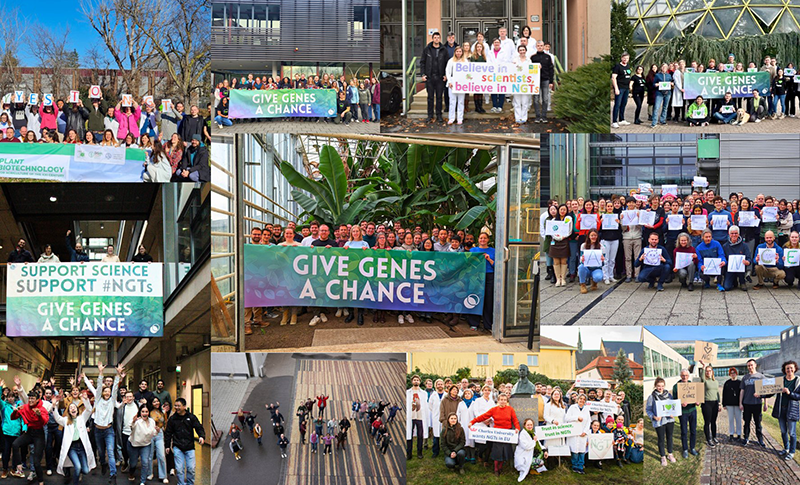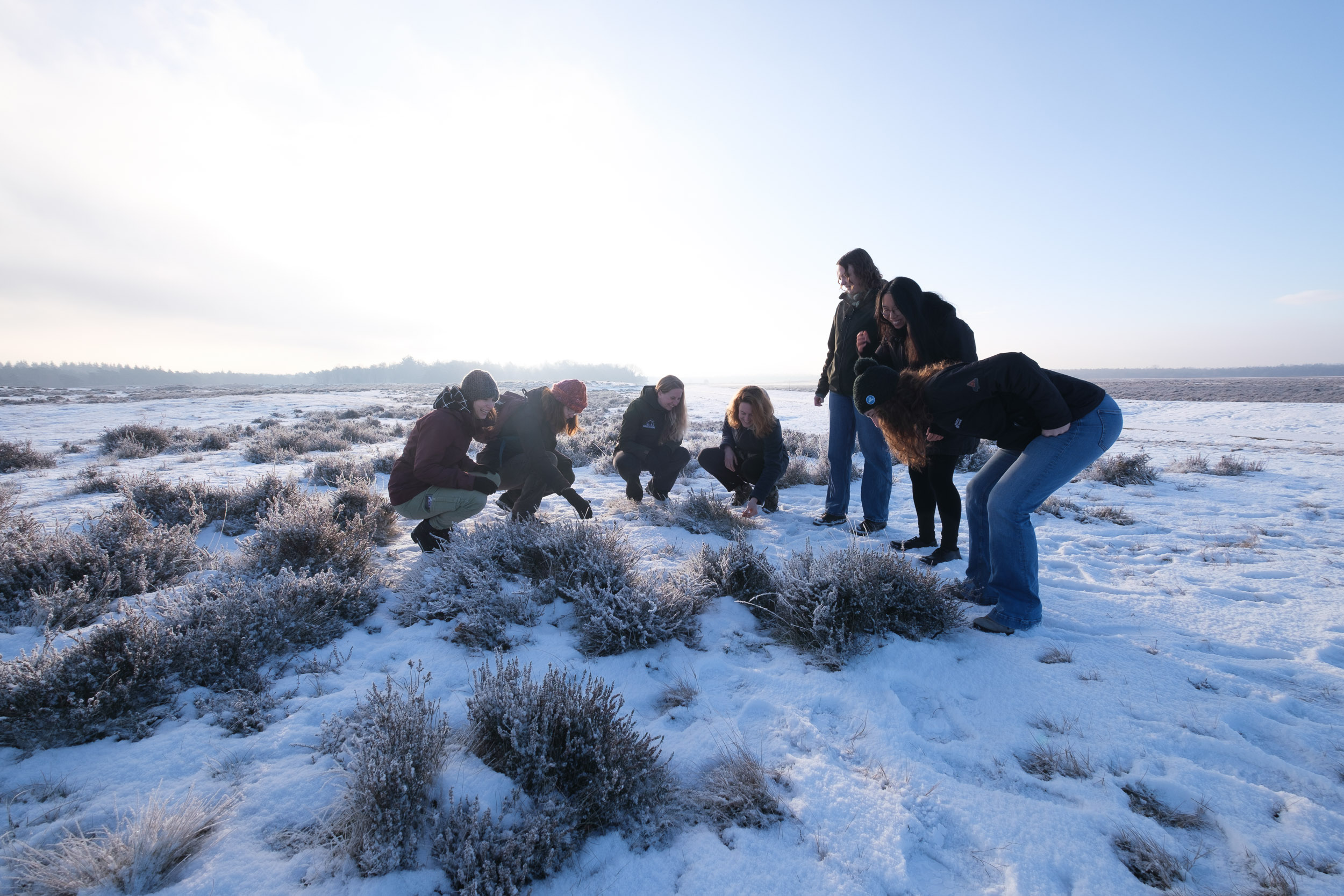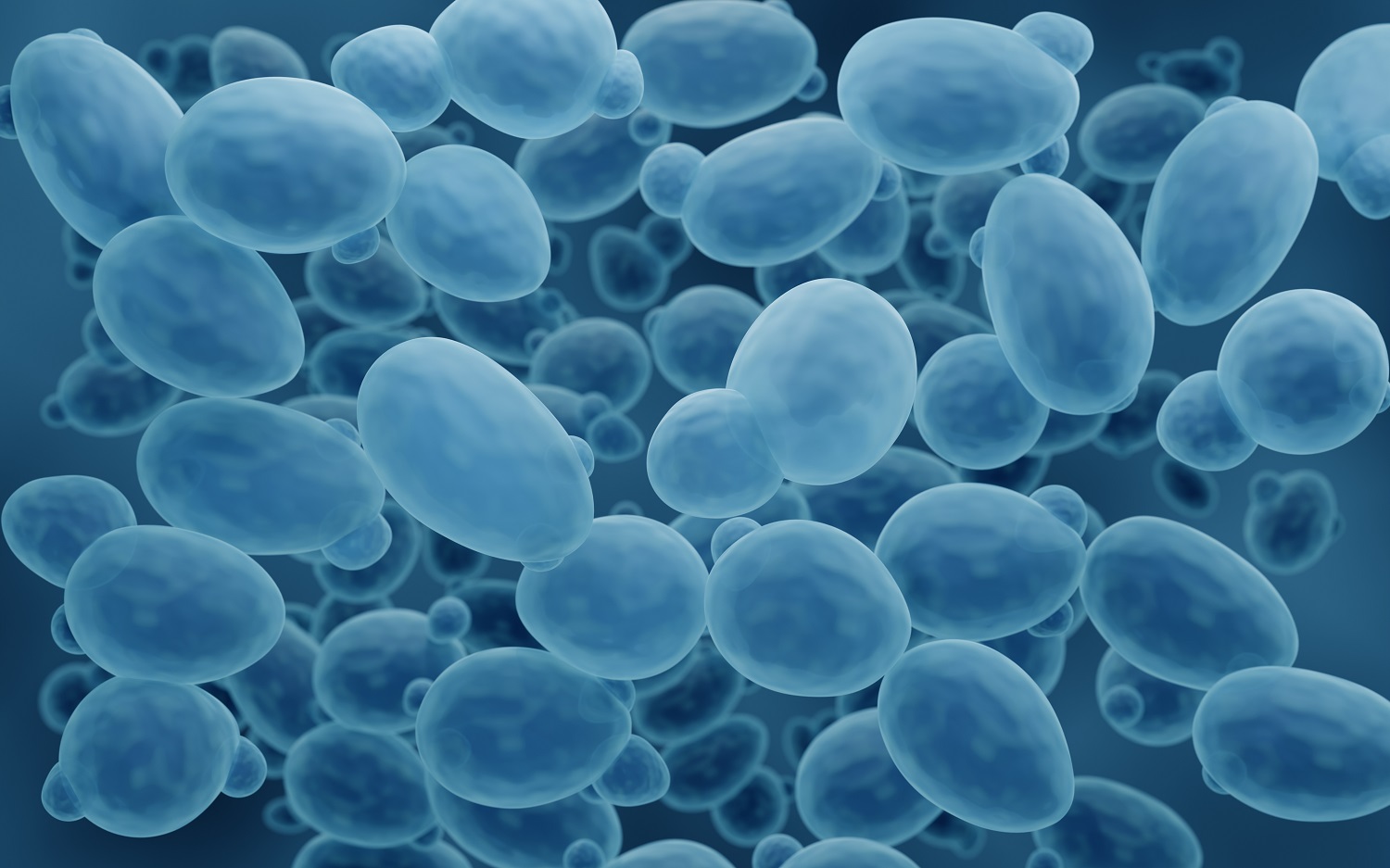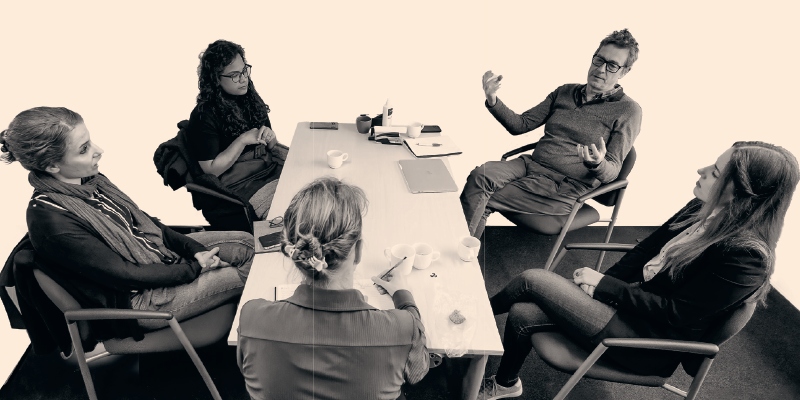The European Parliament has voted to authorize a new form of gene-edited crop. Plant scientists in this field at WUR are following the developments closely. Their frustration with this long-running discussion and ignorant MEPs is palpable. ‘He didn’t do his homework properly’.
Four young plant scientists have come together in a room in Radix. They are avidly following a debate in the European Parliament about the future of gene-edited crops in Europe.
Three of the four scientists present have joined GeneSprout, a group of young researchers who campaign for better argumentation and legislation surrounding the use of genetic tools in crop breeding. The group was launched in 2018, after the European Court of Justice tightened up the rules for gene-edited crops, explains co-founder William de Martines. ‘What’s the point of our work if the crops we breed and the techniques we refine can’t be used anyway?’ Many young plant scientists in Europe shared this sentiment and GeneSprout quickly grew into a Europe-wide group.
‘As many as 37 Nobel laureates and more than 1500 scientists support the proposal to change the law,’ says someone in Strasbourg. ‘You see, there comes our message again,’ cheers Patricija Gran.
This has made me shift towards the centre in my voting
GeneSprout helped launch a petition that was signed by many scientists from the Netherlands, the rest of Europe and other parts of the world. ‘We GeneSprout members were truly touched to see how groups from all over Europe shared our initiative, through Give Genes a Chance, for instance.’ (See photo.)
So what was this heated debate all about? New techniques such as CRISPR-Cas have made it possible to make small, precisely targeted changes to the DNA of crops. According to the proponents of this technique, that is no different to making the kinds of changes brought about by traditional breeding techniques. The EU calls this category NGT1 crops (New Genomic Techniques) to distinguish them from the previous generation of genetically modified crops, with bigger changes to their DNA and often with DNA that was foreign to the species. The current proposal is about NGT1 crops. Wageningen has been involved in the discussion about rules on their use for decades.
Patents
Ania Lukasiewicz, who has been working at Plant Breeding since July and is not a member of GeneSprout, is following the discussion as part of her job. She has an assignment to monitor the progress and the implications of this EU legislation. One of her tasks is to work out the pros and cons of the patent agreements being incorporated into the new law. Patents on crops give the big seed companies all the power, many Strasbourg politicians argue. ‘But an amendment has been added that rules out patents on such gene editing,’ says Gran with irritation.
Among plant scientists at WUR and elsewhere, there is a broad consensus that this form of plant-breeding is an important resource and is also safe for humans and the environment. But to join GeneSprout is a bridge too far for most researchers. ‘Not everyone feels comfortable in a more activist role,’ says De Martines. ‘People say: shouldn’t you take a more neutral stance as a scientist? But hey, in the real world, nobody is completely objective.’ The potential link with the interests of the big seed companies is another sore point.
What’s the point of our work if the crops we breed aren’t used?
A lot of researchers are unhappy about that. And the accusation that they are lobbying? ‘What do you call lobbying? If you bring scientific knowledge to a societal issue, is that lobbying?’ adds Miguel Ramirez, the third member of GeneSprout. No one answers.
Homework
‘If we used it in people, it would be illegal,’ announces an MEP on the screen from Strasbourg. ‘No it wouldn’t,’ responds Gran, amazed. ‘Last week it was all over the news how gene therapy using CRISPR-Cas has cured patients with severe swelling after a single treatment. This politician didn’t do his homework properly.’ The ignorance shown by many of the MEPs during this debate is a source of frequent irritation among the four watching scientists. What’s more, there is not much question of a real debate: MEPs take it in turns to present their standpoints in one minute. Rarely do those present make use of a blue card in order to respond directly to a statement. The Greens and the left-wing parties are the main opponents of this proposal to allow crops created through this new, milder form of genetic editing on the market, while the Christian democrats and more right-wing parties are in favour.
Politics
And has the long-running gene technology debate also influenced how the four plant scientists vote? Don’t researchers usually vote for the Left? They nod in agreement. ‘This has made me shift towards the centre in my voting. The Left does a lot of good things when it comes to environmental and climate issues, but I am deeply disappointed that they refuse to budge on this,’ explains De Martines.
The voting is the day after the debate and a majority in the Parliament votes to authorize NGT1 crops. The members of GeneSprout are quite emotional. ‘We feel really relieved,’ admits Gran. ‘We worked so hard for it.’ Many of their immediate colleagues are happy too. ‘Especially colleagues who have been following the European proposal,’ adds Ramirez. ‘But this is not the end of the line,’ says Lukasziewicz. ‘The next steps are the EU’s council of ministers of agriculture and then the fine-tuning between the council, the Commission and the Parliament. This is a big step but it remains to be seen how things develop and which details are changed.’

 Groups of young scientists from all over Europe raised their voices on the day of the debate in the European Parliament with the slogan Give Genes a Chance. GeneSprout was one of the instigators behind a petition with the same name. Photo GeneSprout
Groups of young scientists from all over Europe raised their voices on the day of the debate in the European Parliament with the slogan Give Genes a Chance. GeneSprout was one of the instigators behind a petition with the same name. Photo GeneSprout 

